Steph W. from SEOPressor


...help you check your website and tell you exactly how to rank higher?


80
score %
SEO Score

Found us from search engine?
We rank high, you can too.
SEOPressor helps you to optimize your on-page SEO for higher & improved search ranking.
By winniewong on December 29, 2017
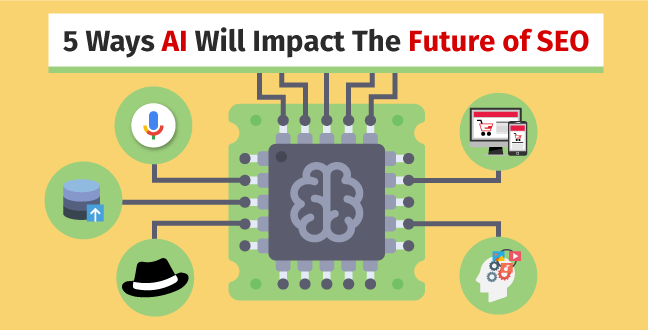
SEO is a results business. Imagine if you have access to data that tells you precisely what you need to do in order to optimize your website and improve visibility in search engines.
Well, 2021 is around the corner, you don’t have to imagine any longer as the technology is already available. Things will be beyond what we can imagine now by 2030, 2040 and so on.
Artificial Intelligence development and its impact on different industries have been the talk of the town since last year. Although seo artificial intelligence is still in its infant stages, in the next couple of years it will dominate how digital marketing companies develop SEO strategies.
Currently, AI is used in digital marketing to gather data on ad targeting, to determine the relevancy of content, to identify customer segments for cross-selling, for streamlining marketing campaigns, and analyzing which emotional values have the most impact on their target audience. But very few companies are using AI technology to improve their search engine rankings – yet.
In this article, I’ll take you through some clear predictions of how AI will impact the future of SEO so you can stay ahead of the curve in order to provide successful campaigns for your business.
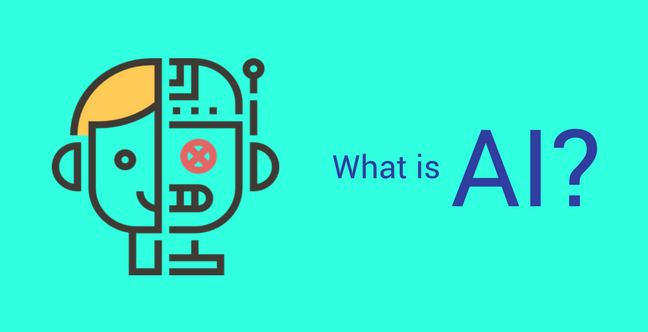
Have you ever watched the movie Terminator or iRobot?
Notice how AI has jumped from sci-fi movie plots into mainstream news headlines in just a couple of years?
Basically, AI is considered as the next frontier of marketing. The concept of AI refers to technology that is seeking to mimic human intelligence. AI includes a broad variety of capabilities such as voice, image recognition, machine learning and semantic searching.
The most important thing to understand about AI is that it is not a static formula to solve. It’s a constantly evolving system designed to identify, sort, and present the data that is most likely to meet the needs of users at that specific time, based on a multitude of variables that go far beyond just a simple keyword phrase.
Ai is trained by using known data, such as:
…and then analyzing that data using user experience, big data and machine learning to develop new ranking factors capable of producing the results most likely to the user’s needs.

What’s your pick on this?
The AI and marketing revolution is upon us, with no signs of slowing down anytime soon. It seemed like yesterday when things like automated social media posts, blog content, and chatbots were something laughable. However, future predictions of these algorithms have accelerated almost to the point of reaching human logic, making marketers both excited and scared.
The overarching concern surrounding AI is machine morality and whether it is safe society. If people do not have proper ethical guidelines or fully comprehend the risk, will it be the worst thing to happen to humanity? Only time will tell.
But one thing’s for sure; it is an innovative, lucrative and progressive technology with tremendous scope, that more and more companies from various industries are investing in research and development (R&D) in order to disrupt and mold the future.
As quick as AI and search has been shifting the world of marketing in general, SEO has been following suit in a big way. Luckily for you, I have listed down the prediction of 5 ways AI SEO will change in time to come.

Black hat techniques are quite risky to practice because they are usually detected sooner or later.
In general, black hat SEO techniques try to exploit weaknesses in search engine algorithms to obtain higher rankings for websites. However, further advancements in AI search signals might soon increase demand for SEO strategies that focus on content relevancy and basically prevent black hat SEO practices in their tracks.
Ending Keyword Stuffing:
Thanks to Google’s algorithm updates, these tactics don’t work anymore. However, this does not stop some SEO practitioners from attempting this exploit by using synonyms of keywords. As AI search signals become more adept in processing natural language, websites that have keywords which occur naturally in content may enjoy a higher rank, which means keyword stuffing as we know it could be obsolete.
Identifying and Filtering Spam
There are billions of links on the web but not of them are relevant. Most of the time you see marketers trying to pass off these irrelevant links through promotions, emails, press releases, and even on web pages.
Irrelevant links are penalized by Google. For example, if your website’s content is about interior decorating services but has a lot of backlinks from car washing services, Google’s RankBrain (Google’s machine learning technology) will not see it as relevant to your company and may penalize your ranking for it.
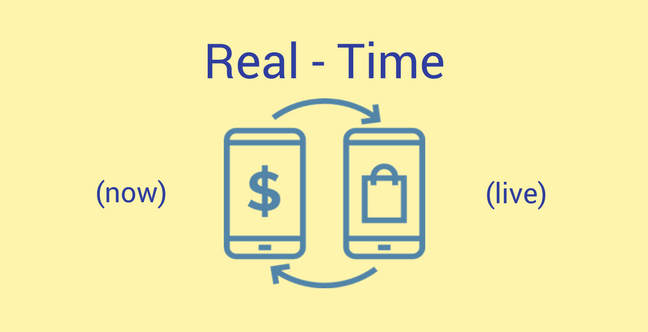
With artificial intelligence, it is now possible to harness real-time data and make it work for us.
One of the biggest impacts that AI will have on SEO is the speed and effectiveness that it offers to universal marketing efforts. Not only will AI be able to aggregate and organize keywords and search terms, but it will additionally be able to pinpoint how to use these terms as well.
Real Time Price Changes
With the advancement of high- performance analytics, dynamic, on-the-go pricing allows e-Commerce retailers to adjust their prices minute to minute automatically. An example of this would be Uber’s price surge that goes up or down depending on the time of the day (or night), peak hours, and if there’s a special event and so on.
Its main goal is to get drivers on the road by encouraging more users, which leads to more transactions. Implementing this on your website would mean AI could determine the price point depending on a customer’s willingness to pay in real time. The new pricing system uses machine-learning to predict and determine pricing related to sociological factors including wealth in geographic area. Travelers taking an Uber to and from affluent areas may be asked to pay more compared to other passengers in less affluent locations.
Perhaps in years to come, we might see marketers use AI to automatically adjust pricing on their product pages (discounted airline tickets for frequent fliers) according to a special event (e.g. during Year End Sale).
Read more about Uber’s New Pricing System Based on AI here: http://www.zdnet.com/article/uber-uses-artificial-intelligence-to-figure-out-your-personal-price-hike/
Smart Customer Service
We know it was coming, we see it coming and it’s here to serve. Chatbots one of AI’s greatest advancements, essentially allows e-commerce sites to provide their customers with a completely personalised online shopping experience. Intrinsically, shoppers are able to tell the automated service exactly what they’re looking for. One such example is Alibaba. In implementing AI, Alibaba is applying numerous complex machine-learning methods and disciplines, such as online machine learning, transfer learning, deep learning, artificial neural networks and reinforcement learning.
At Alibaba, chatbots are all business. If you call Alibaba with a question or complaint, more likely than not you’ll be connected to a computer system called Ali Xiaomi (Ali Assistant). Capable of accessing personal information about individual callers and continuously upgrading its capabilities by analyzing millions of customer-service interactions, Ali Xiaomi can also help users with more general assistance, such as topping up phone credits, checking weather and purchasing airline tickets.
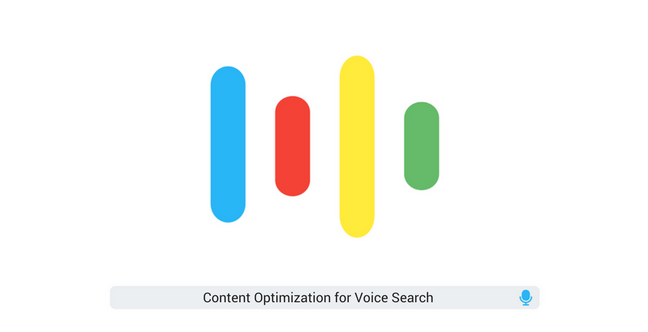
In recent years, searching by voice is a hot topic among forward-thinking SEO professionals.
The way people search for information online is changing. These days, people are using voice search using AI on their smartphones, tablets or voice assistance to search for information on the Internet. Corresponding with this increase in mobile device usage is the rise of what is called “voice search”. People have become increasingly accustomed to the idea of speaking directly with computer devices and accessing information on the Internet whenever and wherever they might need it.
Thanks to artificial intelligence, online search is becoming more conversational. In time, online marketers might take a different approach to content optimization by focusing on keywords that are more conversational.
Here is a possibility of AI predictions from an SEO perspective:
Conversational keyword optimization for voice based search
We rarely type the way we speak. When we type, we do not type in perfect, full sentences, so you would type “weather Japan” into a search bar. But when you speak, you are likely to ask a complete question, “What’s the weather today in Japan?”

As more users start using programs like Siri and Google Assistant to make a query, search engines might catch up and start ranking websites with content that are optimized with keywords that are conversational.
For example, consider the fact that voice searches typically use words like “Who”, “What”, “When” and “Where” when looking for answers for immediate needs. To appeal to voice search, marketers can use these interrogative words to optimize web pages while using a conversational tone throughout the content.
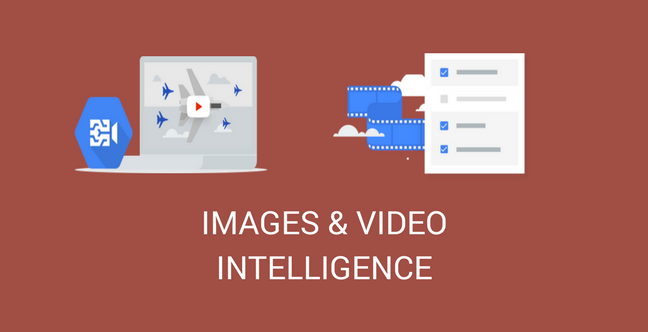
An advanced video image analysis and identification technology.
If you want to learn how to tie a necktie, would you rather read an article about it or a video? The answer is obvious, and Google knows it too. Type “How to Tie a Necktie” and a video tutorial will show up on the first page.
Search engines are getting better at understanding the value of visual content like images and videos. To make the most of their SEO efforts, digital marketers may need to pay more attention on what is on their images and optimize tagging accordingly.
The rise of video will make SEO marketers focus even more on visual contents, but it will also force artists to create video with optimization in mind. In fact, it will probably give life to a new category of videographers who will specialize in SEO content just as it happened with writers.
Here it is, a video brought to you by Clarifai. A tiny startup that specializes in artificial intelligence. Take for example, a 15 seconds video about a puppy and its female owner is shown. Using a database of 10,000 visual categories Clarifai has built over the years, the company’s software tracks the images that appear in the video, automatically describing it with relevant words like “dog”, “female”, “eyes” and even “cute.”
In a nutshell, optimize your videos and images by focusing on keywords. The most simple and effective strategy AI impact on search is to include the main keyword in the filename, the title of videos and playlists, and the descriptions and tags.
This is only the beginning.
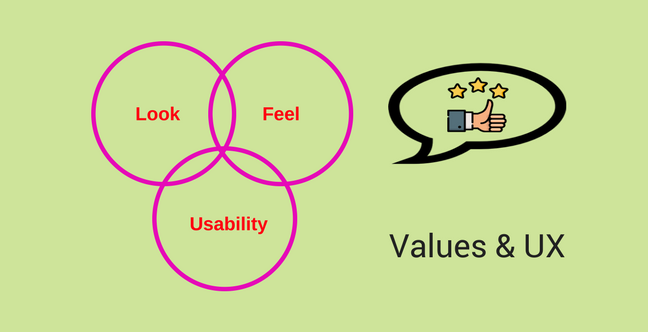
How will AI affect values and User Experience?
While artificial intelligence search engines will revolutionize the way people search, if you are already doing best practice AI SEO, it may make almost no difference to your business. It has long been understood that what Google looks for in a website is “value for the reader”. They like websites that provide high-quality information, great resources in specific niches that are both relevant and informative. If you are creating valuable content like this already then you have a great head-start in the future of search.
At the same time, artificial intelligence algorithms is here to help make our jobs simpler and easier – by taking advantage of AI to learn about user behaviors, UX designers can quickly solve user’s problems by creating models based on user preferences, and develop more personalized applications.
As businesses and users become more inclined to greater customization, it’s vital for designers to become data-savvy, and dive headfirst into scrutinizing the endless possibilities in engaging with any system.
Ultimately, it’s this transition that is delivering a strategic business impact – whether it be through lower IT helpdesk queries from users, greater efficiency and accuracy, and overall productivity improvements.

AI SEO is an inevitable transformation in years to come!
To recap, 5 AI predictions on how it will change the future of SEO is:
AI in its present form is a tool to increase productivity for content marketers and within many industries but researchers and developers are also experimenting with emotions, morality, and consciousness in neural networks that will transform not only marketing but humanity.
The demand for those industries will not go away anytime soon and therefore those industries will not die at the hands of the machines just yet. AI will simply transform industries into something completely different much like advancement in tech that has always been done.
The same is true for content marketing. People will always feel the need to consume content for informational and entertainment purposes. Great content will always rise to the top regardless of how much noise or overabundance. Success in an organic search, powered by AI SEO, will ultimately come down to providing a positive user experience that puts the emphasis on providing amazing content that is easy to access across all devices.
Artificial Intelligence is changing SEO, get ahead or fall behind.
Do you have additional input on how AI will impact the future of SEO? Do you have anything else that you want to know? Let me know in the comments below!
Updated: 13 February 2026


Save thousands of dollars (it’s 100x cheaper)

Zero risk of Google penalty (it’s Google-approved)

Boost your rankings (proven by case studies)
Rank High With This Link Strategy
Precise, Simplified, Fast Internal Linking.
